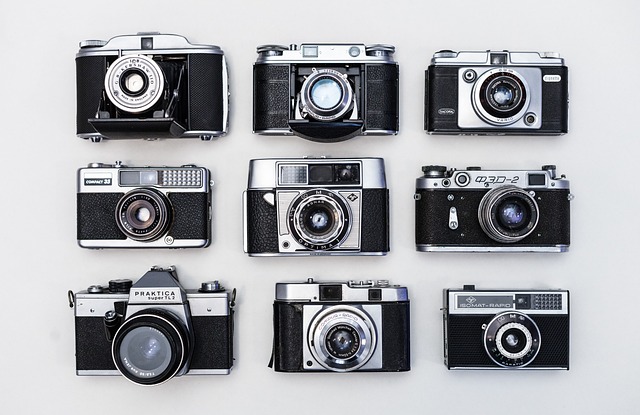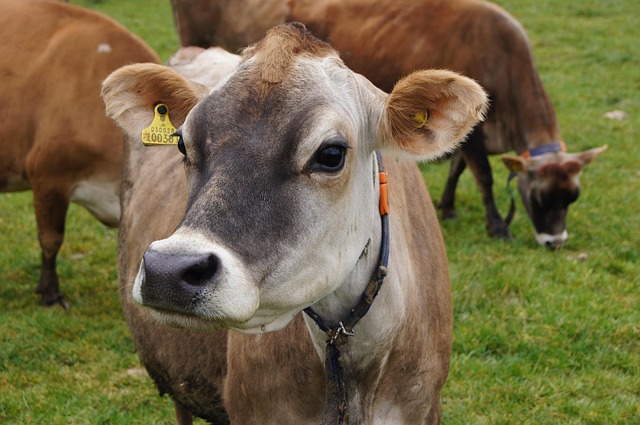The fashion industry is an ever-evolving landscape, constantly influenced by consumer demands and the latest trends. In recent years, one phenomenon has made an undeniable impact: fast fashion. This term refers to the rapid production of inexpensive clothing in response to the latest trends, allowing mass-market retailers to bring new styles from the runway to consumers at lightning speed. But what does this mean for the fashion industry and its future?
Fast fashion has transformed the way we shop. Gone are the days when consumers would invest in timeless pieces designed to last. Today, the allure of affordable, trendy items has created a culture of instant gratification. With just a few clicks, shoppers can fill their wardrobes with the latest styles, often at a fraction of the cost of traditional retailers. This has democratized fashion, making it more accessible than ever before.
However, the rise of fast fashion is not without consequences. While it allows consumers to express their individuality through diverse and frequently updated styles, it raises significant ethical and environmental concerns. Rapid production cycles lead to immense waste, with countless garments discarded after just a few wears. Additionally, the environmental impact of fast fashion is staggering, from water pollution to heavy carbon footprints associated with manufacturing and transportation.
The fashion industry’s reliance on fast fashion has also had repercussions on clothing quality and craftsmanship. With a focus on speed and cost-cutting, many brands have shifted away from traditional tailoring and sustainable materials. This change has led to a problematic cycle where consumers often find themselves purchasing items that quickly deteriorate or fall out of style, further fueling the cycle of overconsumption.
In response, a growing movement toward sustainable fashion is emerging. Consumers are becoming more aware of the impact of their purchasing choices and are increasingly seeking brands that prioritize ethical practices and sustainable production methods. This shift is encouraging designers to rethink their approach, focusing on quality, durability, and long-term value rather than short-lived trends.
Moreover, many innovators are stepping up to challenge the fast fashion model by creating new business strategies that emphasize slow fashion, vintage resale, and even rental services. These approaches aim to promote a more responsible relationship with our clothing, encouraging people to appreciate and invest in what they wear.
As we navigate this changing landscape, it is clear that while fast fashion has revolutionized the industry in terms of accessibility and variety, it has also sparked critical conversations about sustainability, ethics, and consumer responsibility. The future of fashion may very well depend on how we choose to balance our desire for the latest trends with our commitment to a more sustainable and ethical industry. It is a collective journey we all share, one that invites us to reflect on our choices and their broader implications on our world.




